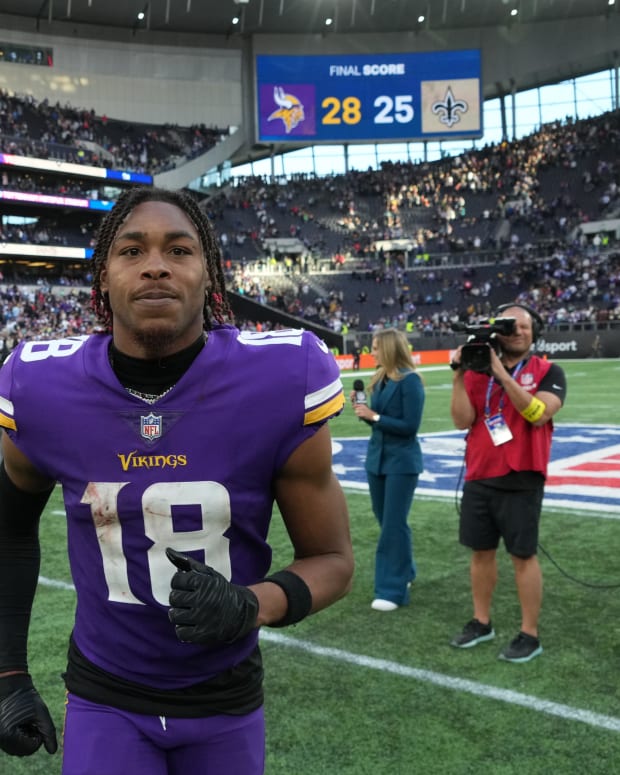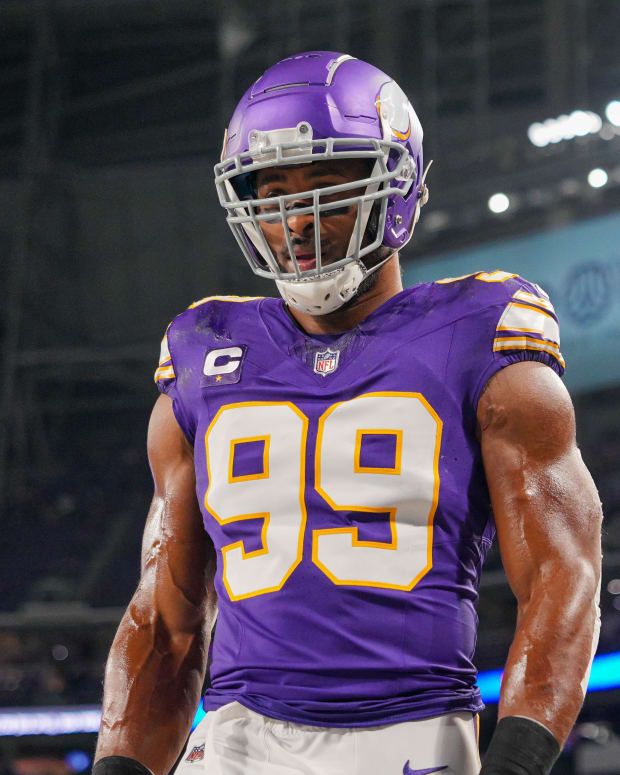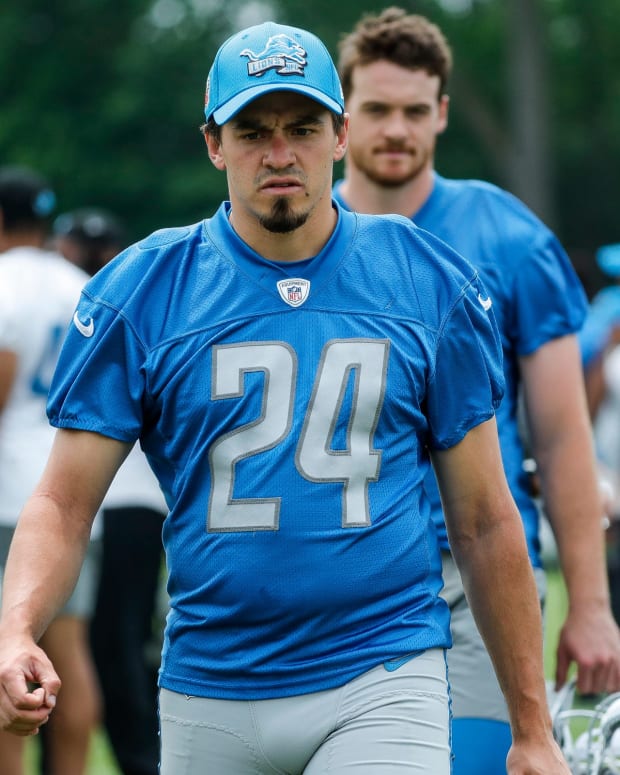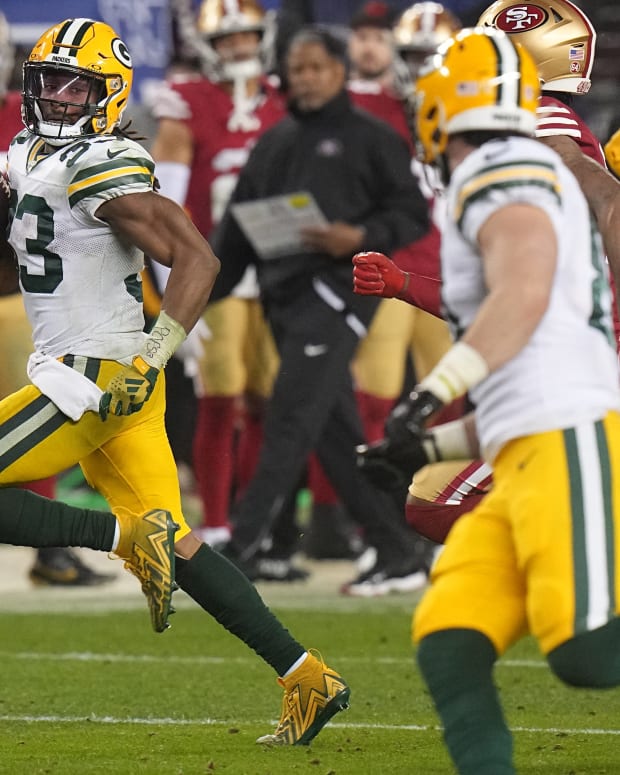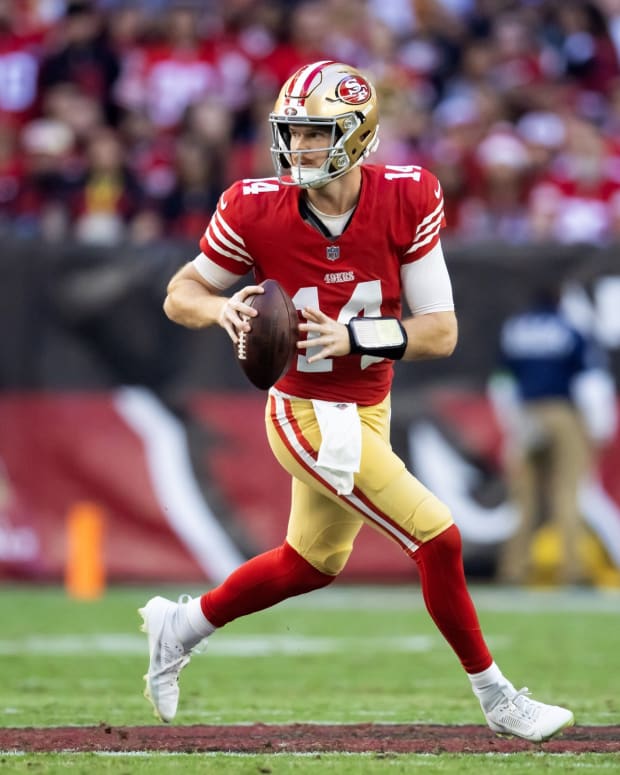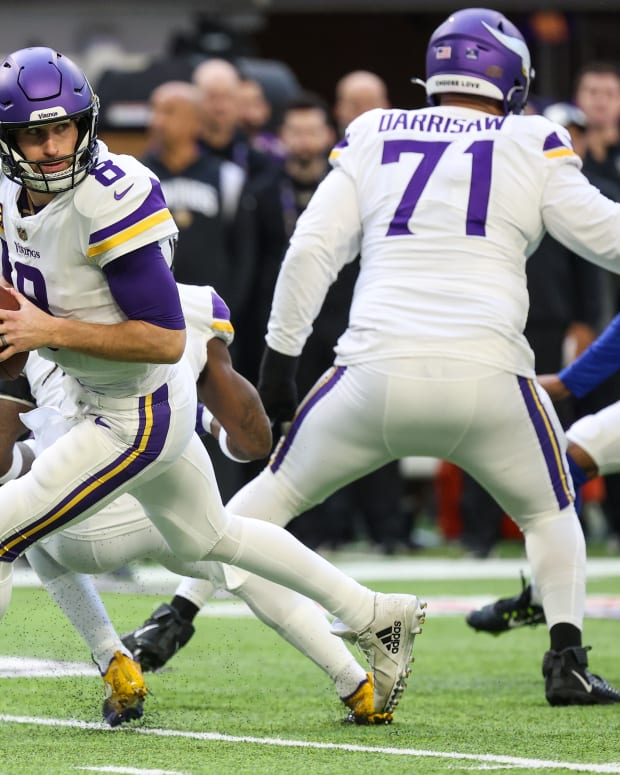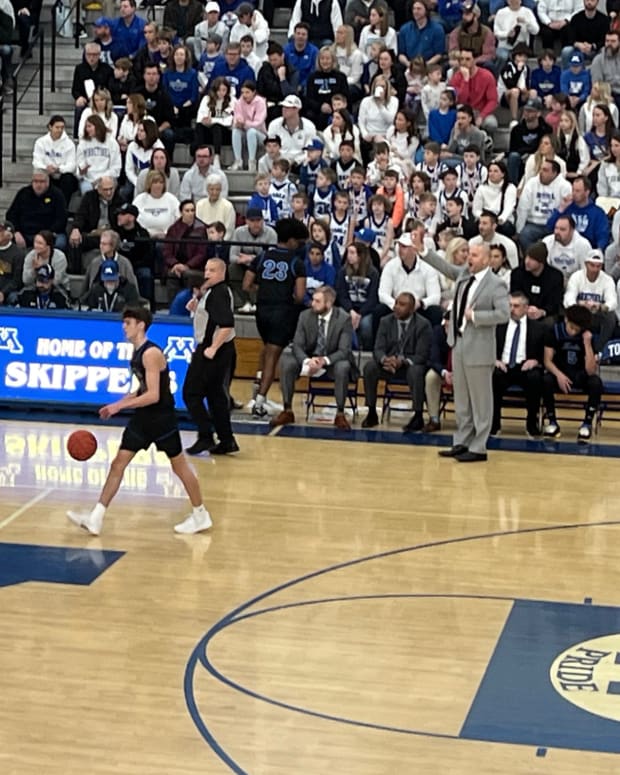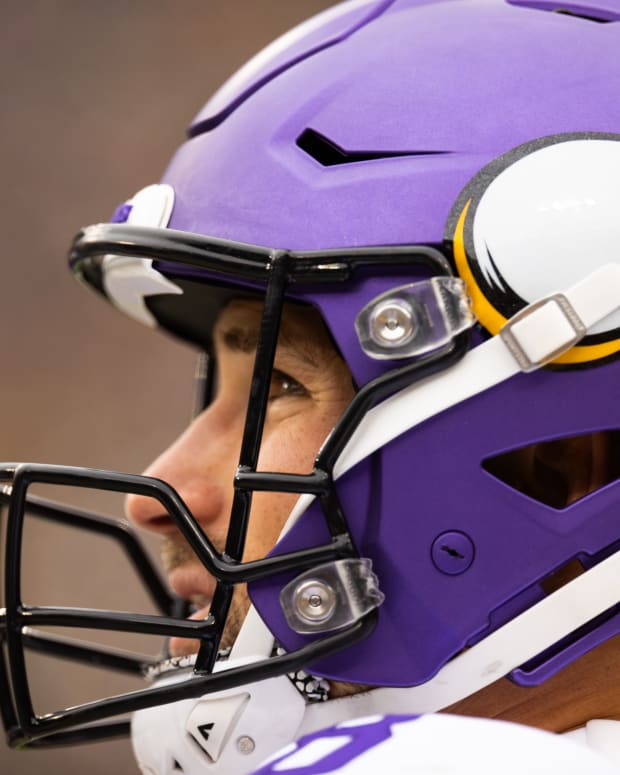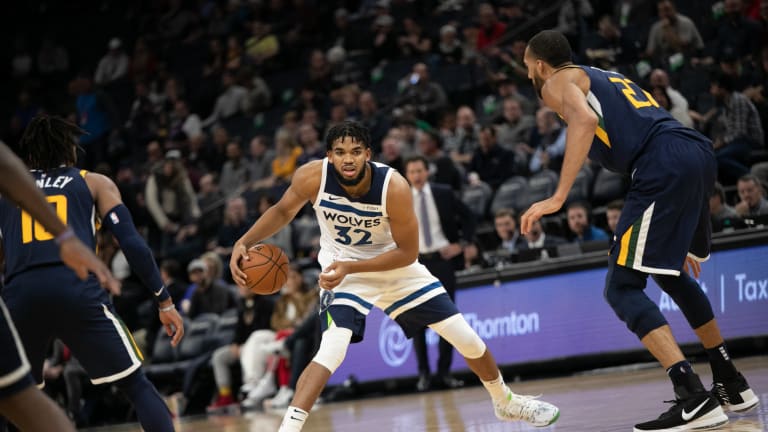
5 questions for the 2020-21 Minnesota Timberwolves

The Minnesota Timberwolves have had an interesting 2020. After finding themselves toward the bottom of the standings, the Wolves endured a nine-month layoff, won the NBA Draft lottery, and added plenty of new faces to try to get back to relevance.
There will be obstacles as the Wolves look to take a step forward, but there are also plenty of questions that will need to be answered during the 2020-21 season.
How will Karl-Anthony Towns/D'Angelo Russell duo fare?
Timberwolves fans were rightfully excited when Gersson Rosas acquired Russell last February. With a dynamic big man in towns and an electric point guard in Russell, it brought flashbacks of the team's glory days when Kevin Garnett and Stephon Marbury were one of the brightest tandems in the league.
Unfortunately, Wolves fans didn't get a good look before the NBA season was suspended due to COVID-19. With Towns nursing a broken wrist, Russell and Towns played in one game last season, which was a 137-126 loss to the Toronto Raptors, and there are far more questions than there are answers regarding the duo.
The good news is Towns and Russell give the Timberwolves something they haven't had in decades. With two players entering their prime, the Wolves will pin their hopes on their two superstars and it's just a matter of how far they can take them.
How will the backcourt be sorted out?
Russell's primary objective will be to energize a Timberwolves backcourt that has plenty of depth. While Russell put up 23.1 points per game and 6.3 assists per game, he'll need someone to help take pressure off of him, which brings us to the duo of Malik Beasley and Ricky Rubio.
Beasley played out of his mind after coming over in a deadline deal last February. The 23-year-old averaged 20.7 points per game and shot 42.6 percent from three-point range in 14 games with the Wolves, which eventually helped him cash in on a four-year, $60 million deal this past offseason.
Beasley's shot should be a huge plus for the offense even with the addition of Rubio. Timberwolves fans are familiar with Rubio's game after spending six years in Minnesota at the start of his career. This means they know that Rubio is excellent at setting his teammates up to make plays.
Even if Rubio doesn't start, he can still add a spark off the bench and the addition of his defense and veteran presence will be a huge plus heading into this season.
Who will start at power forward?
With Towns entrenched at center, there seems to be a race to see who will play beside him. The answer may not be one single player as Ryan Saunders may deploy multiple big men to help add some muscle to the Timberwolves frontcourt.
Jake Layman got the start in all three preseason games and appears to be the front runner for the starting job. Although he didn't make a major impact last season, a lot of his contributions were capped by a foot injury that took him out for a couple of months. With the versatility to play the 3 or 4, Layman could be a simple addition for the Wolves.
Layman won't be alone as the Wolves also signed Juancho Hernangomez to a three-year deal this offseason. Much like Beasley, Hernangomez exploded into his new role in Minnesota, averaging 12.9 points per game and 7.3 rebounds per game in 14 games with the Wolves while shooting 45 percent from the floor.
The financial commitment to Hernangomez seems to suggest the Wolves will go with him, but Saunders suggested that it could be a committee that includes Josh Okogie as part of a smaller lineup.
What will we see from Anthony Edwards?
There was plenty of debate with who the Wolves should select with the first overall pick in this year's draft, but they settled on Anthony Edwards, who adds another intriguing piece to the roster.
Edwards showed flashes during his lone season at Georgia averaging 19.1 points per game, but only shot 29.4% from beyond the arc. Despite that shortcoming, Edwards is a terrific finisher at the rim and even has moments of stellar defense as evidenced by his performance in the final preseason game at Dallas.
Unlike most No. 1 overall picks, the Timberwolves won't have to ask Edwards to be a superstar right away. This could help the 19-year-old's development and allow him to be brought along at his own pace. If his learning curve is shorter than expected, the Wolves could have another superstar on the way.
Can the Wolves compete in the West?
The biggest question with this team is their expectations. It would be foolish to expect the Wolves to become Western Conference powers, but they have a good chance of making a step in the right direction.
The West will be competitive this year with the Dallas Mavericks, Denver Nuggets, Portland TrailBlazers, Memphis Grizzlies, and Golden State Warriors all battling in the back half of the standings. To the Wolves' benefit, the NBA will hold a play-in tournament including 10 teams in the playoffs, but even that seems like a challenge for this team.
But getting into that playoff series or even the back half of the Western Conference standings would achieve this team's ultimate goal. If they can take a step forward, it might buy time to not only please Towns and quiet the imminent departure talk, but also allow Gersson Rosas to make a bigger move either at this year's trade deadline or next offseason.
For now, the Wolves are a young, interesting team and the journey begins with the opener against the Detroit Pistons on Wednesday night.

